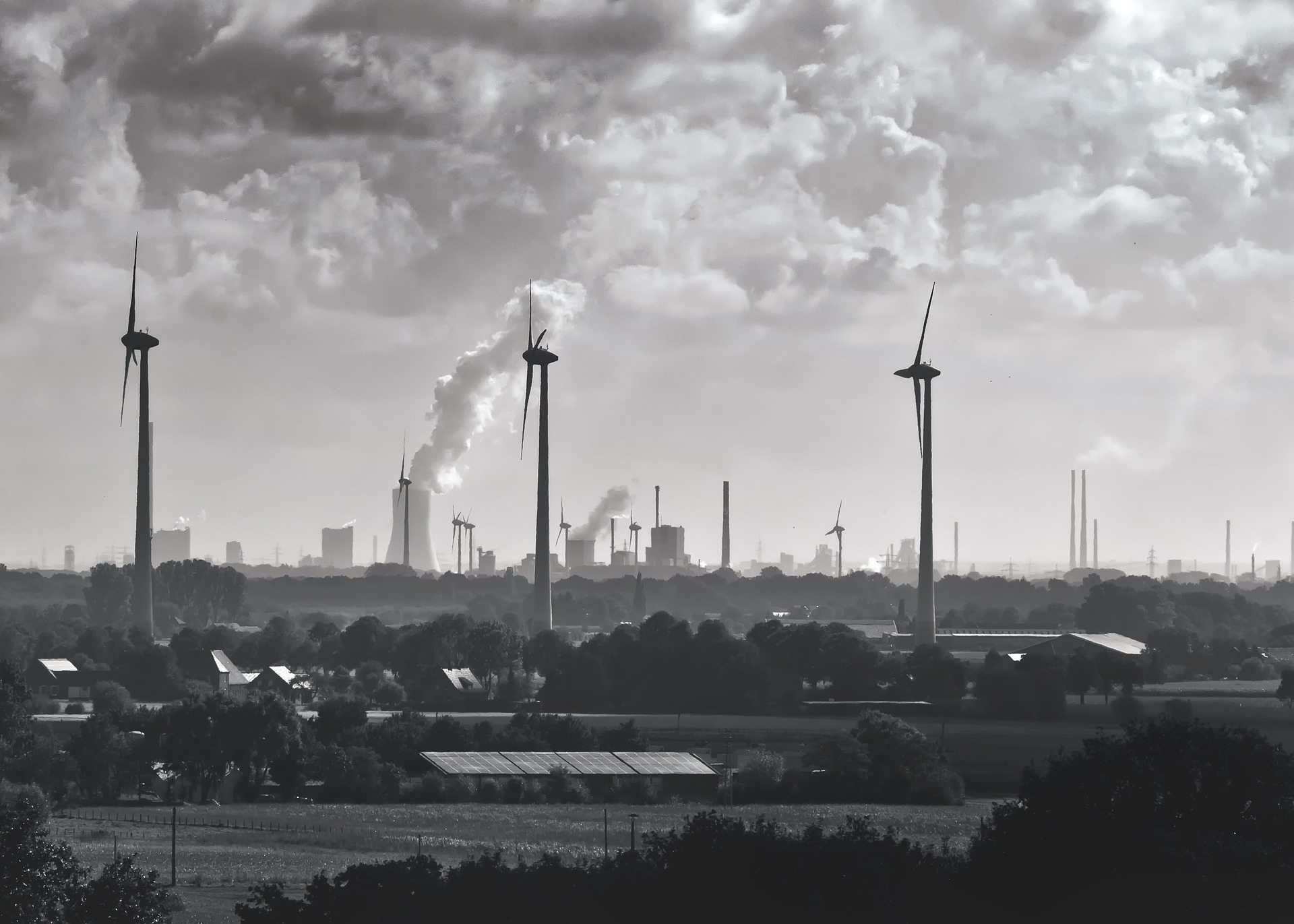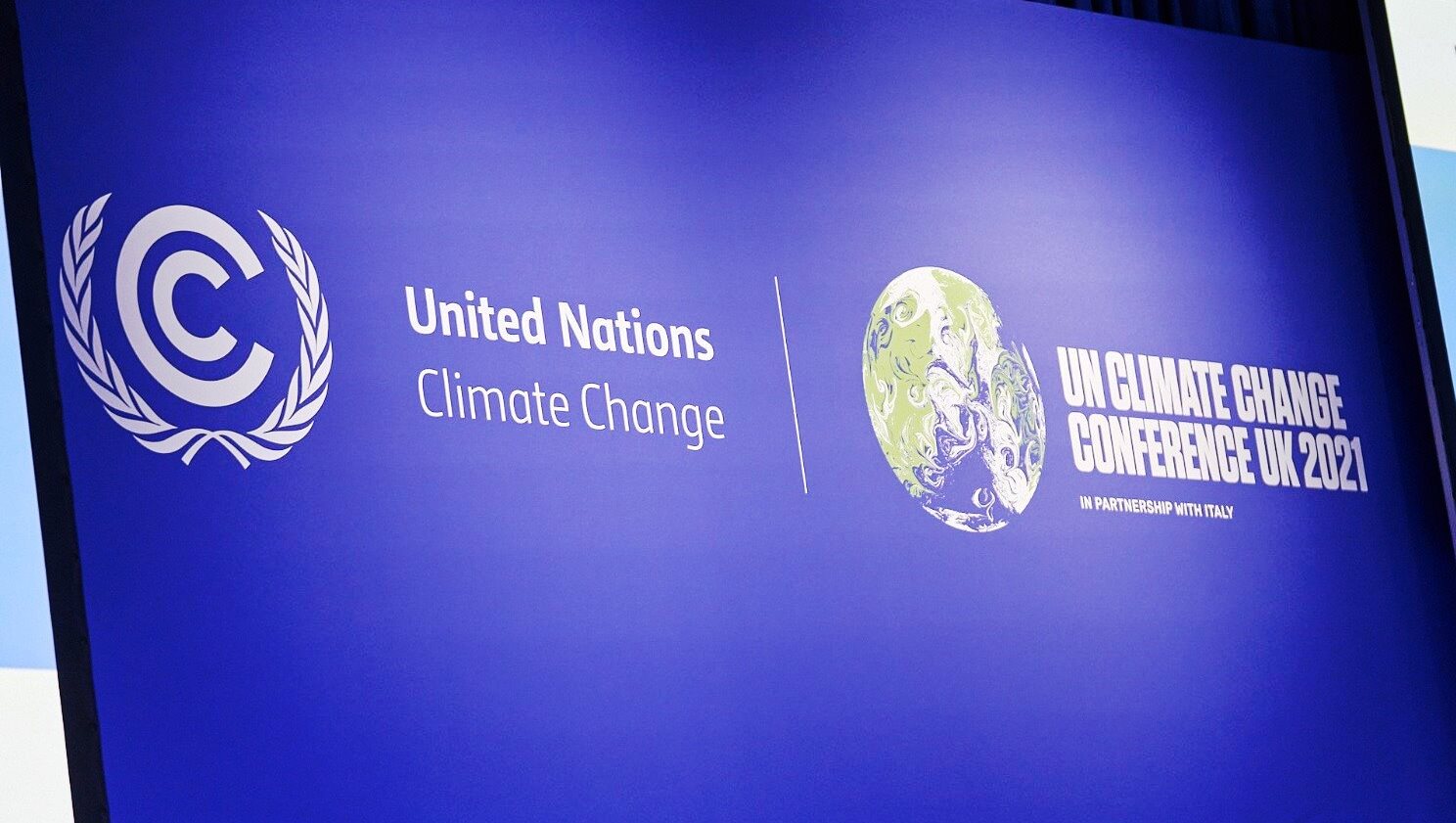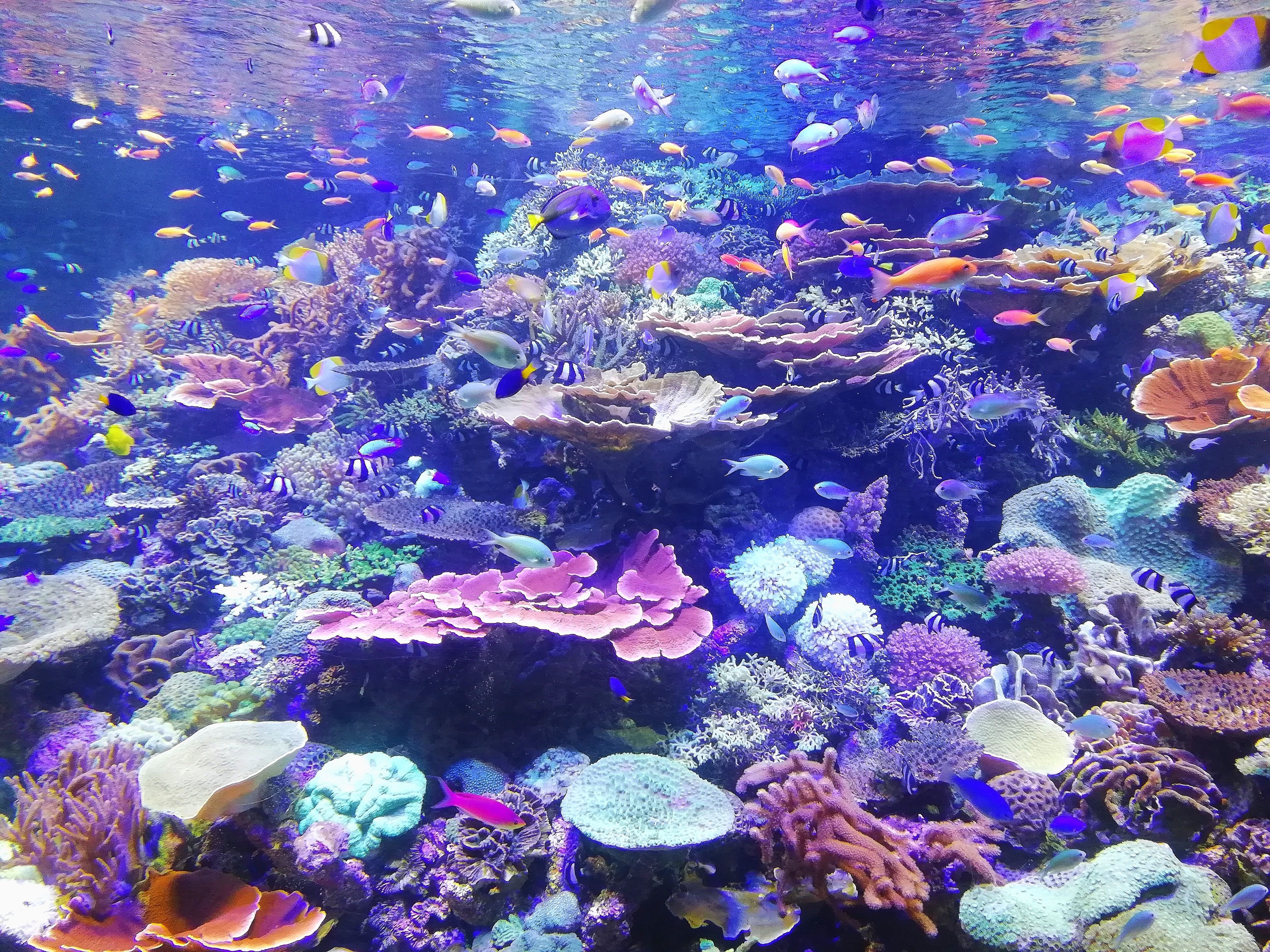“Building climate resilience on both coasts and land is not only a scientific challenge but a collective endeavor. It involves engaging communities collectively in the process of building their own resilience,” says CMCC scientist Giulia Galluccio. “It calls for shared science, shared responsibility, and shared solutions – connecting communities across regions and oceans to turn knowledge into action.”
By putting people at the centre, both land governance and coastal resilience can become pathways toward more just, sustainable, and adaptive societies.
Land governance starts with rights and justice
One of CMCC’s key contributions to COP30 is the side event “Solutions for people and the planet: Reimagining land governance putting people at the centre of land and natural resources”, co-organised with the International Development Law Organization (IDLO) and the Latin American Climate Lawyers Initiative for Climate Action (LACLIMA). Chaired by Giulia Galluccio, CMCC scientist and Director of the Advanced Training and Education Center (ATEC), the session explored how inclusive governance models can transform land management into more equitable and sustainable systems.The session examined how legal tools can reduce inequalities, strengthen environmental stewardship, and build more resilient societies by aligning rights, responsibilities, and natural resource management.
Speakers emphasised that secure access to land and resources is not only essential for reducing inequalities but also strengthens food security, livelihoods, and resilience to climate-related disasters. The discussion focused on the importance of integrating principles such as transparency, participation, accountability, and equity into land and marine governance.
“Empowering communities to leverage the legal and policy frameworks available transforms the challenge of adapting to climate change into an opportunity for inclusive, just, and sustainable action,” says CMCC researcher Elisa Fiorini Beckhauser, who also took part in the event as a speaker.
In coastal regions of the Mediterranean, where populations, economies, and cultural identities are concentrated, people-centred governance ensures communities have a voice in decision-making, secure access to resources, and pathways to resilience, directly supporting adaptation to climate pressures. “This approach aligns closely with the recently launched Pact for the Mediterranean by the European Commission, which emphasises people as a driving force for change, connections, and innovation,” says Beckhauser.
Coastal resilience: Science meets community knowledge
CMCC also co-organized the side event “Empowering Coastal Communities: Science-Based Solutions for Resilience and Adaptation” alongside CoastPredict and the Decade Collaborative Centre for Coastal Resilience (DCC-CR). The session brought together international experts and community representatives to explore science-based, scalable approaches for coastal adaptation, emphasising the importance of local knowledge and participatory processes.
Galluccio, who moderated a roundtable discussion on connecting communities and scaling solutions for coastal resilience, underlined that “real change often begins at the pilot-site level, where communities experience climate impacts firsthand. Local observations, needs, and solutions can then be transformed into operational science to inform broader adaptation strategies.” The event highlighted the dialogue between scientific and traditional knowledge, showing how inclusive, community-driven approaches amplify the effectiveness of resilience strategies, particularly for women, Indigenous peoples, and other marginalized groups.
The dialogue between scientific and traditional knowledge therefore, is crucial: “The two kinds of knowledge can enrich each other, as local and Indigenous knowledge often captures nuances that science alone may overlook,” says Galluccio. “Integrating these perspectives requires not only scientific openness but also inclusive processes that give space to marginalised groups, who are often among the most affected by climate change.”
Training the next generation
Education, training and capacity-building emerged as a critical enabler of resilience. As Director of CMCC’s Advanced Training and Education Center, at COP30 Galluccio underlined the importance of equipping young professionals with interdisciplinary skills and practical tools to scale up innovative, science-based climate solutions.
Initiatives such as the upcoming FERS School on coastal resilience to sea level rise equip young professionals to assess risks, evaluate vulnerabilities, and apply cutting-edge data and tools for decision-making. “In the long term, educational and training activities serve as platforms for collaboration and skill-building, fostering scientific literacy and professional competence to ensure that today’s learning translates into tomorrow’s resilience,” says Galluccio.
CMCC at COP30 demonstrates that people-centred governance, inclusive science, and education are interconnected pillars for building resilience in both land and coastal systems. By placing communities at the heart of climate action, CMCC is helping turn knowledge into solutions.
“Adaptation only succeeds when communities are informed, empowered, and included. Putting people at the centre is not just a principle – it is a requirement for real and lasting climate resilience,” says Galluccio. “By enhancing public awareness, improving access to climate information, and empowering communities, we enable meaningful participation in climate action.”






